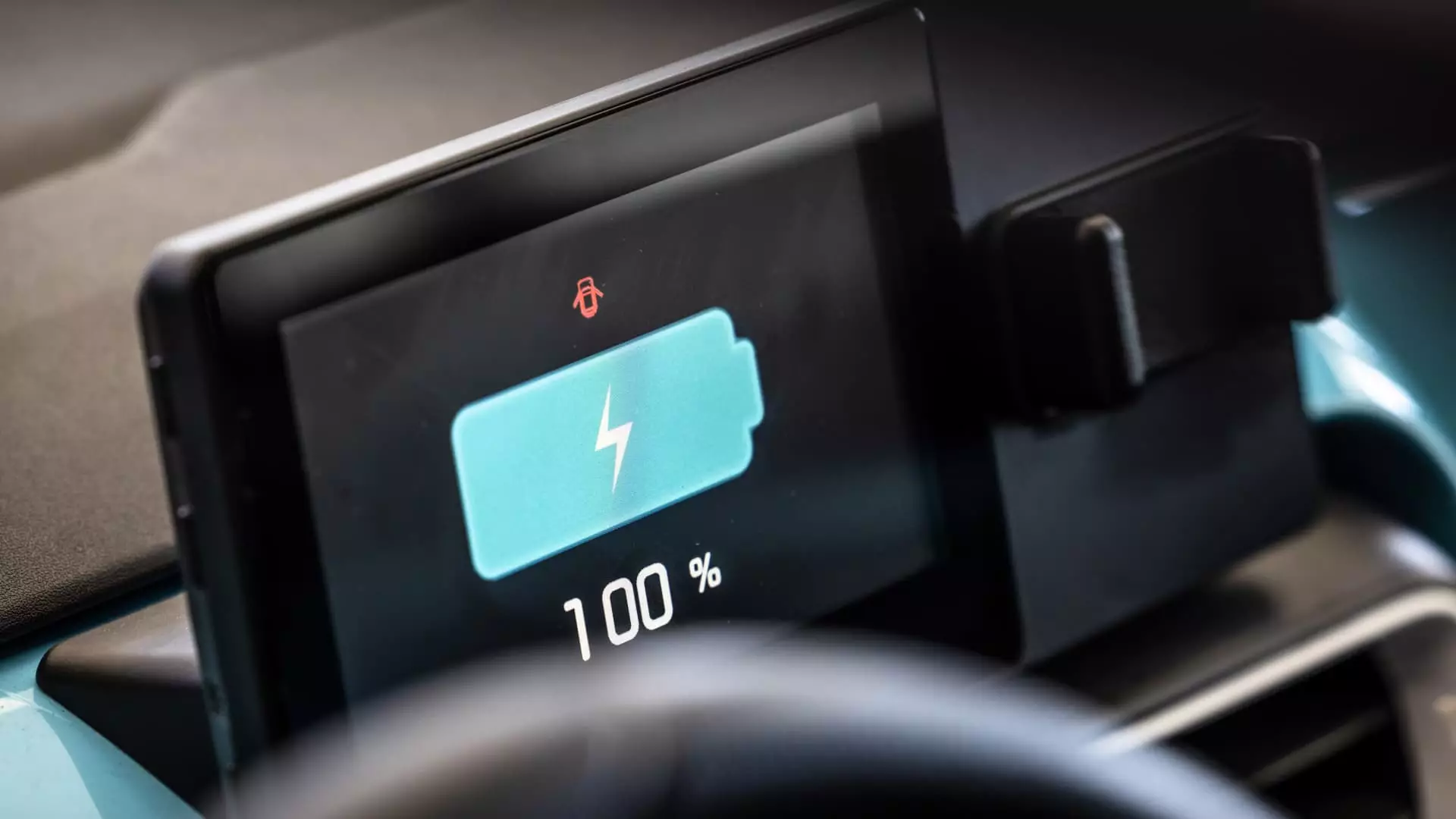The electric vehicle (EV) industry has witnessed a steady rise in recent years, and one of the key players in this thriving market is Contemporary Amperex Technology, better known as CATL. Despite its understated reputation, CATL has emerged as a crucial supplier of electric car batteries to major industry players such as BMW and Tesla. With its stock being the largest by market capitalization on the Shenzhen exchange, CATL commands significant influence in the EV world, surpassing even BYD’s local listing.
The Chinese stock market has faced considerable challenges throughout the year, and CATL is no exception, with a decline of nearly 13% so far. However, stock analysts remain optimistic about CATL’s growth potential, viewing the current market conditions as an opportunity for investment. Despite an ongoing European Union probe into subsidies in Chinese electric vehicle production, analysts believe that CATL’s first-mover advantage in localized production in the EU will continue to drive its success.
CATL’s decision to establish manufacturing facilities in Europe has mitigated potential geopolitical risks. Analysts argue that the company’s technology leadership, strong production commitment, and growing overseas market share position CATL favorably amidst trade, tariff, and foreign exchange uncertainties. The successful ramp-up of its first European plant in Thuringia since January 2023, along with ongoing construction of its Hungary plant, further reinforces CATL’s foothold in the European market.
CATL’s third-quarter earnings, announced on October 19, slightly disappointed analysts as revenue and net income fell short of expectations. However, these results have not dampened analysts’ long-term bullish outlook for the company. CATL continues to secure contracts with prominent European original equipment manufacturers (OEMs) like Volkswagen, BMW, and Mercedes-Benz, positioning itself for significant EV launches in 2026. Analysts believe that CATL’s profitability will remain robust due to its technological advancements and cost advantages.
CATL already boasts a considerable market share, with approximately one-third of the global EV battery market. Counterpoint Research predicts that CATL’s breakthrough in sodium-ion battery chemistry will lead to mass adoption in the near future. In fact, Chery’s iCar brand plans to equip its vehicles with CATL’s sodium-ion battery, with sales expected to commence in early 2024. These advancements in battery technology, including improved charging speed and extended driving range, play a pivotal role in enhancing the appeal of electric cars to consumers.
As the demand for EVs continues to grow, CATL aims to capitalize on this trend by expanding its product offerings. Li Auto, a rising star in the Chinese EV market, plans to launch its first purely battery-powered vehicle in December, featuring CATL’s new Qilin battery. This fast-charging battery, along with similar new products tailored for Chinese electric car brands Avatr and Chery, has prompted UBS analysts to set a price target of 400 yuan per share for CATL. This projection represents a staggering 111% increase from CATL’s closing price on Friday.
Despite the challenges faced by CATL and the broader Chinese stock market, analysts remain confident in the company’s growth prospects. CATL’s strategic localization in Europe, thriving partnerships with major OEMs, and technological leadership position it as a key player in the EV battery market. The company’s ability to navigate market uncertainties and maintain profitability sets it apart from competitors. As CATL continues to innovate and expand its market presence, it is poised to play a pivotal role in shaping the future of the electric vehicle industry.


Leave a Reply